Thursday July 18, 2019 By: May Allam
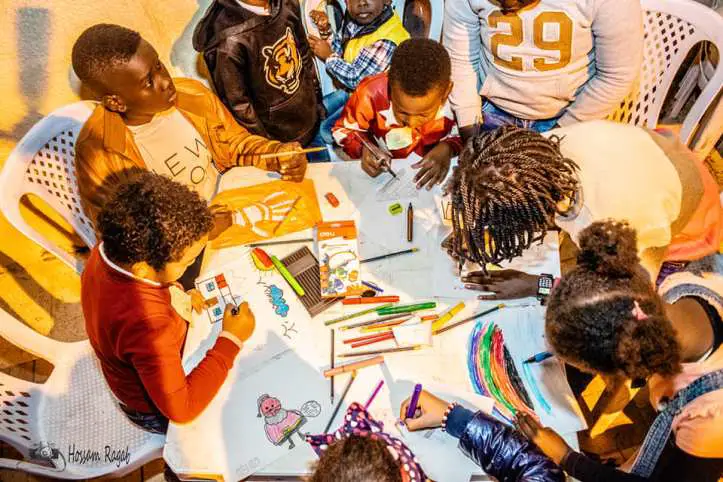 Believing in the importance of art in developing societies, Amira El Masry, utilized her passion for art to support Sudanese children living in Egypt. The 20-year-old economy student, launched WANAS initiative in cooperation with the American University in Cairo to integrate and empower Sudanese children in Egyptian society through art. The initiative aims to promote a culture of dialogue, the value of acceptance of the others and peaceful coexistence. The initiative accomplishes its objectives by offering the children various workshops in painting, recycling, dancing and theater. These workshops build social and cultural relationships between Egyptian and Sudanese children.
Believing in the importance of art in developing societies, Amira El Masry, utilized her passion for art to support Sudanese children living in Egypt. The 20-year-old economy student, launched WANAS initiative in cooperation with the American University in Cairo to integrate and empower Sudanese children in Egyptian society through art. The initiative aims to promote a culture of dialogue, the value of acceptance of the others and peaceful coexistence. The initiative accomplishes its objectives by offering the children various workshops in painting, recycling, dancing and theater. These workshops build social and cultural relationships between Egyptian and Sudanese children.
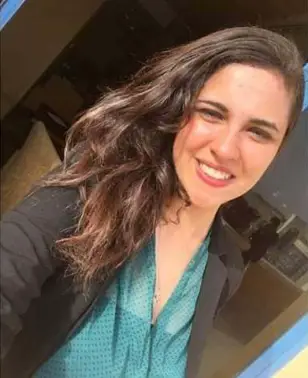
Women of Egypt: How did you get the idea to start WANAS initiative?
Amira El Masry: Since I was a child, I was crazy about art, as it is the easiest way to deliver a certain idea or value to people from different classes, nationalities and cultures. And through my work in civil society I learnt about the living conditions of refugees in Egypt and about the violence, discrimination and bullying they are facing, especially the Sudanese refugees. I wanted to contribute to improving their quality of life because I felt I have a social responsibility towards them.
I learnt how to establish a social initiative after I joined KHATWA program at the American University in Cairo. WANAS was the idea of my team in the program. One of my colleagues had extensive experience working with refugees. Thus, we combined our experiences, integrated my knowledge in art together with my desire to find a solution for the discrimination and bullying practiced against the Sudanese refugees in Egypt.

WoE: What are the needs of the Sudanese families in Egypt and how does WANAS help in satisfying these needs?
AM: We identified the needs and priorities of the Sudanese families and children living in Egypt, and we designed a program that meets these needs. For example, we found that children needed to be supported and empowered. They also needed to have a safe space to express themselves, to learn new values and to feel they are accepted and respected by Egyptians. We responded to those needs by providing a safe space for children to express themselves freely, without restrictions, criticism or disrespect.
The initiative was like a simulation model of the society in which they live in. Through dealing with the Egyptian children in the initiative, they felt accepted and welcomed. We also helped them understand that it is not their fault they are being bullied and there is nothing to be ashamed of. They also learned art through the initiative such as theater, painting and dancing.
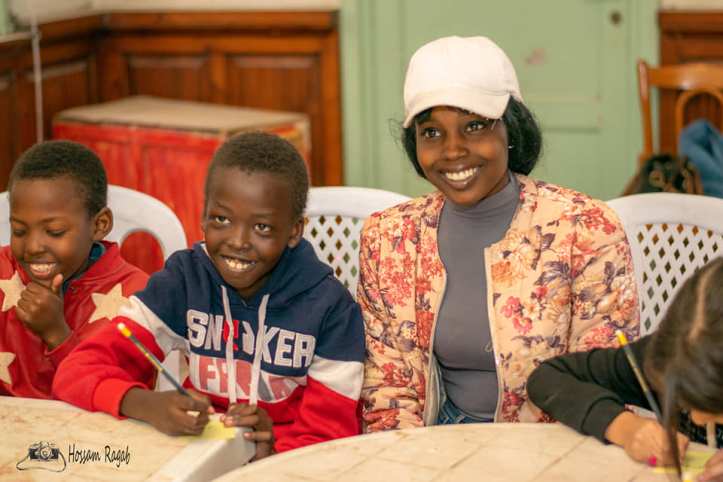
WoE: Do you feel that art projects helped the children integrate with Egyptian culture and traditions? Do you feel that they become closer to Egyptian children?
AM: Yes, we have achieved a high level of success. Based on the period in which this initiative was implemented, this is a strong indicator of success because the children worked together in one activity such as theater shows or painting classes.
WoE: Would your program grow to cover refugee children from Uganda and Syria, who have also been living in Egypt for a while now?
AM: Yes, sure we’re planning to include more nationalities in the next phase.
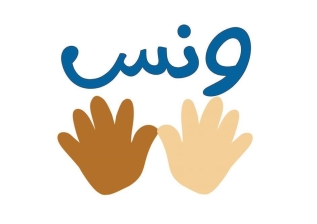
WoE: Have you been able to find sponsors for the initiative?
AM: In the last few months we were able to get support from various organizations such as Save the Children and Ambassadors for Dialogue. However, this support is in the form of technical support and training for us and for the volunteers, to help us develop our skills and acquire new experiences. We are also communicating with organizations that could fund the initiative and provide financial support, but at the same time, we are looking for alternative solutions to find other fund channels.
WoE: I am aware you worked in CARE with women. Could WANAS initiative also employ Sudanese women, along with their Egyptian counterparts, in order to help them further integrate into the Egyptian society?
AM: Currently, we are providing services to children only because we have some constraints. The first stage of the initiative was implemented within the program “KHATWA” with the AUC. Following the rules from the program committee, we can only work with a specific group [the children] for a limited period of time and with a limited budget. In the future, we plan to include women in the initiative as well, and offer them economic and social empowerment programs, in cooperation with women’s organizations. Of course, CARE International will be one of those organizations because they are supportive of such projects, and my work there enabled me to make friends and good relations with the Sudanese, and to know their needs more deeply.
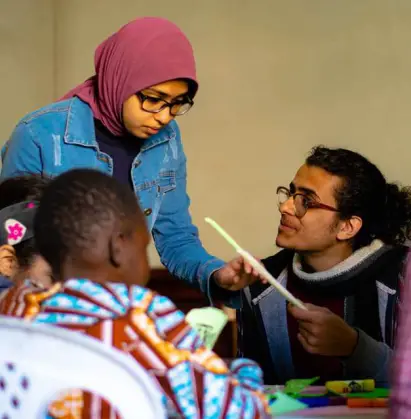 WoE: Sudanese people have lots of traditions, habits and practices that many are unaware of. They form small communities and continue to practice these habits, even when they are not living in Sudan, in order to sustain them for the future generations. How can social media help promote their culture and shed light on their rich habits and traditions?
WoE: Sudanese people have lots of traditions, habits and practices that many are unaware of. They form small communities and continue to practice these habits, even when they are not living in Sudan, in order to sustain them for the future generations. How can social media help promote their culture and shed light on their rich habits and traditions?
AM: Social media has a very strong role to spread awareness of the Sudanese culture and civilization, especially that the Sudanese culture is rich and interesting. I suggest we can develop a mobile application, for instance, that children and youth can use to learn the Sudanese languages, dialects and most common expressions. It could also be used to exhibit the famous places and landmarks in Sudan, and also offers brief description about these landmarks, and show videos of Sudanese folk dancing and music for people to learn more about their culture.
WoE: What are your future dreams for WANAS, and how do you plan on developing it further?
AM: I hope to be able to implement the initiative with a larger number of children over a longer period of time, to have full impact on them. I also aspire to implement it in schools, educational centers and cultural palaces. Moreover, we want to build partnerships with international organizations that support the idea to help us reach more governorates in Egypt, and abroad.

WoE: What are your personal aspirations for development and promoting humanitarian conditions in general?
AM: I wish individuals could understand the meaning of peaceful coexistence and how diversity benefits our communities. Humanitarian issues shouldn’t be just the concern of organizations, but it should also be the role of individuals to spread the awareness of equality, justice and respect in our communities.
Born in Alexandra, Egypt, Amira El-Masry is an activist for social development in the field of women and refugees’ rights. She studies Economy at the Faculty of Economics and Political Science, English Department.
She is a member of CARE International project to end violence against women. She is also an intern with several projects including, “Program of Preparing Social Development Trainers” with the Ministry of Youth and Sports, “Quality, Safe and Inclusive Education for Refugees and Migrants,” and “Host Community Children in Egypt” with CARE International.
Photos Copyright WANAS Initiative.
Check WANAS Facebook Page here
***If you liked this article, don’t forget to subscribe to our newsletter and receive our articles by email
